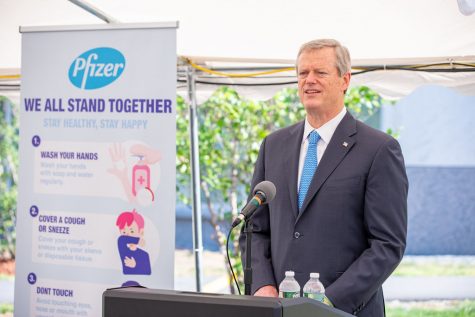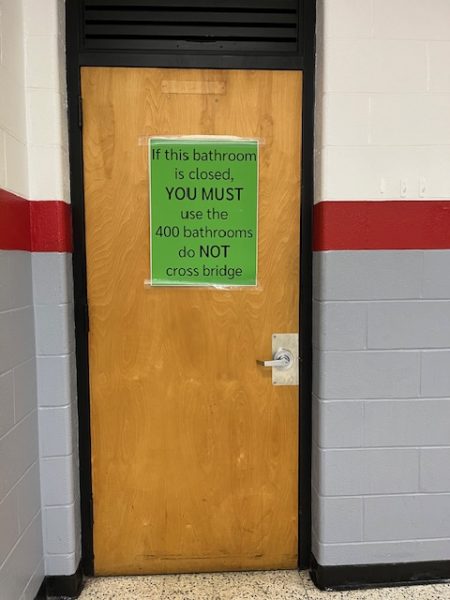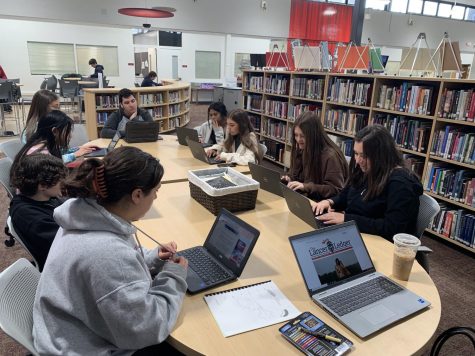Coronavirus Vaccine: Ending the Pandemic
Image by Angelo Esslinger from Pixabay
With 50% of adult Americans vaccinated, the U.S. is looking at a more “normal” summer.
The world has made lots of progress in trying to end the global pandemic that changed the way people have lived over the past year. While citizens around the world had to go into lock down, battling illness, and mourning the loss of loved ones, scientists have been working and releasing vaccines to end this pandemic. Now with each passing day, we, as a nation and world, are getting closer and closer to ending the pandemic.
According to the CDC’s COVID Data Tracker, as of May 28, in the U.S. there are 132,769,894 people vaccinated. In total there have been 50%of the population 18 years and older who are fully vaccinated. With the news, mask mandates around the country are being lifted, with New Jersey being one of the last states to make the announcement.
Although this is great news, there have been many challenges with the vaccination process and setbacks. Side effects of the vaccines have closely resembled symptoms of COVID-19, and it has recently been discovered that the Johnson & Johnson vaccine, as well as the AstraZeneca vaccine, which was already known, have caused people to get blood clots. Both companies used the same technology to create their vaccines, but it isn’t known if the technology used is leading to the blood clots.
The use of the Johnson & Johnson vaccine had been suspended in the US, but reinstated on Friday, April 23, with a warning of the rare but serious complication. The Johnson and Johnson vaccine roll-out had been slowed worldwide as well. Europe and South Africa followed

Office of Governor Baker (CC BY-NC-SA 2.0)
American’s lead – they paused the vaccine for further study and also put it back on the market with a warning. However, Australia said that they would stop buying the vaccine.
Even with the Johnson & Johnson vaccine being widely used again, many countries, including the United States, Denmark, and Australia, have chosen not to use the AstraZeneca vaccine. Denmark made the news after it permanently stopped using the vaccine after giving out many doses. Health officials from Denmark have said people that already had one shot of the AstraZeneca vaccine can get their second shot from Pfizer or Moderna.
The two most effective vaccines at the moment have been Pfizer and Moderna, which both used the same technology to develop their vaccines. Pfizer and Modera use RNA, which instead of injecting a weaker form of the virus to build immunity, it instructs the body into building cells to fight the virus. These vaccines are both two shot vaccines where people can experience some side effects from getting vaccinated, but there haven’t been any findings that these vaccines can lead to blood clots like their counterparts.
With over 50% of the adult population in the U.S. having received both shots, we are getting closer to getting back to normal, but there is still a lot more work to be done.
Brian is a freshman at LRHS, and this is his first year writing for The Lancer Ledger. He is interested in writing about sports and entertainment. He is...












